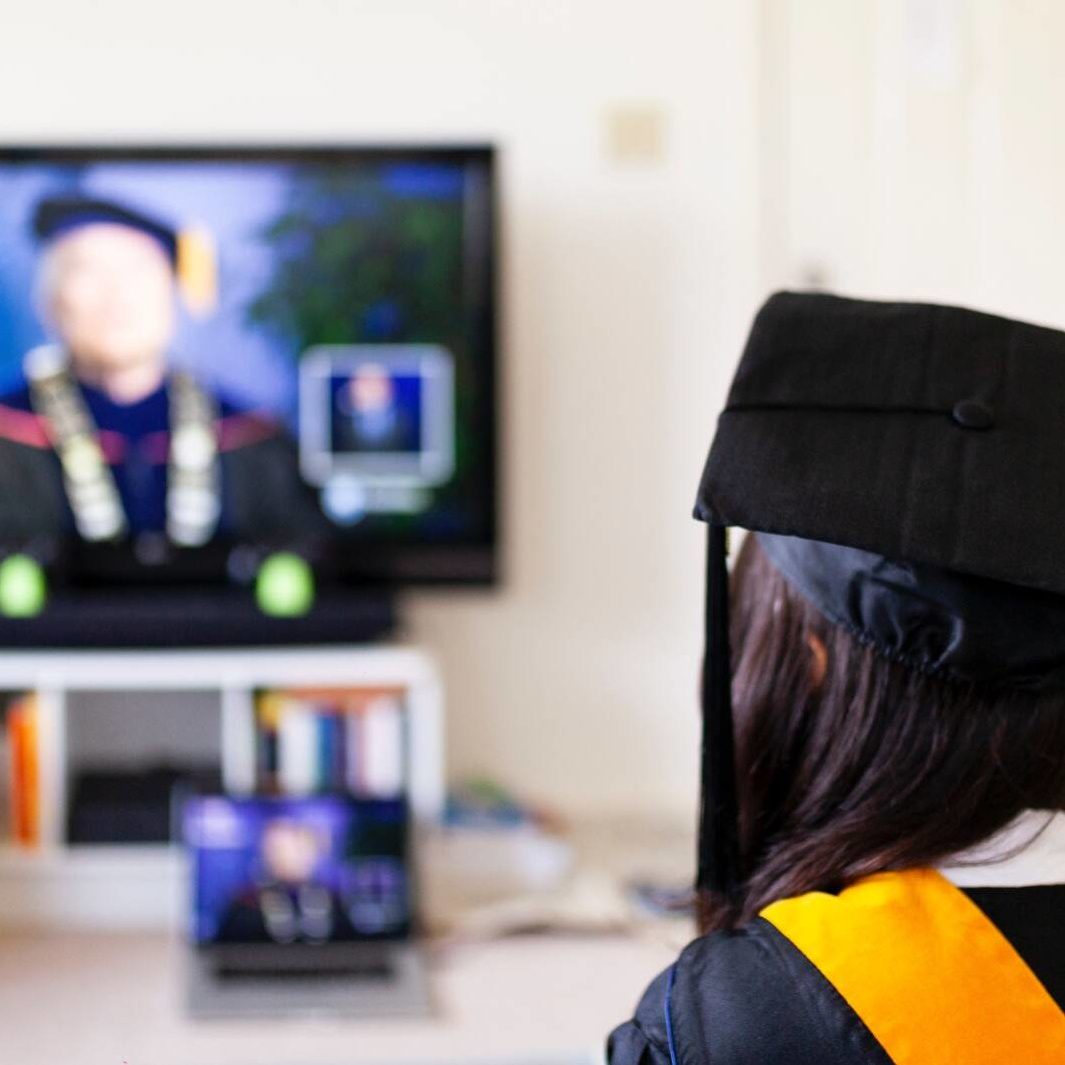Oh, it’s unfortunate that your classes are all online now… But all the extra free time must be nice, right?
Actually, no. Somehow, I have ended up in a place where I’m busier than I was back when school was offline. And that’s without Powerlifting Team practices, the thirty-minute dinners that consistently turned into three-hour-long social gatherings, and all of the hours I spent working on-campus jobs.
I’ve realized it has to do with my relationship with time. In the past, I didn’t need to be very intentional with my free time: it always just happened. Nowadays I think back fondly to my naïve visits to the Rocky Common Room for pre-bedtime cereal-breaks, only to end up practicing handstands on the rug by the piano with my friends until 2 am.
Without spontaneous social interaction, I ended up filling up all of my time with work, clubs, projects, and research. Unfortunately for first-year students, these challenges are only compounded by the transition to college academics in general. Whether or not you feel like you’re busier this semester, I believe we can all benefit from evaluating how we make time for ourselves: below are five tips I’ve implemented to help facilitate a productive and sustainable semester this fall.

- Make time for yourself. I like to do this in two ways: on the one hand, if it doesn’t happen on its own, I schedule time for myself to be lazy. Recently, that’s been Friday nights. On the other hand, I budget the mornings before class to get a workout in or to work on my flexibility. This is more intentional and requires that I get enough sleep the night before but sets me up for a lively and productive day. Remember, though, that what it means for me to make time for myself probably looks much different than what it means for you to make time for yourself.
- It’s okay to plan social time. In the past, I didn’t have to think twice about figuring out how to spend time with my friends: I’d just head over to a dining hall or a specific commons area. Now that everyone is in different places with different time zones and different daily routines, it’s harder to get everyone in the same place at the same time. In my friend group, it’s been easier to gather for specific events or celebrations: a message to schedule a Zoom call feels a lot like work but getting together for someone’s birthday is much more exciting.
- Step away from the screens. Think about how many hours you’ve spent looking at screens recently. For me, it’s more than I’ve been sleeping by far. Taking thirty minutes to drag my eyes off my computer (even if the screen is more orange to be gentler on the eyes) as well as my phone has gotten me out of my chair and cleared up my brain fog. My cat is also happier because I’ve been playing with him more – and apparently my heart is also happier since pets can apparently have positive cardiovascular effects.



Oliver is quite grateful for the extra cuddles and food this semester.
- Don’t forget to go to office hours. It’s weird now, I know – you used to go to office hours, and now you click a Zoom link. But try not to forget about how useful they are. I like thinking of them as a high-yield investment of my time: if I go to office hours now, it’ll save me hours down the line figuring out my problem sets or making sense of older lecture notes.
- Treat pre-recorded lectures like live lectures. I ‘attend’ my pre-recorded QCB class from 11:00 to 12:20 on Tuesdays and Thursdays, and I do so as if I were in class. If I don’t take it seriously, 20 minutes could go by in the recording before I realize I completely zoned out. I do like to use the speed-up function but then frequently pause and scroll back to watch at my own pace (quick tip: sometimes it doesn’t work on Google Chrome, but when using Mozilla Firefox as your browser you can change the speed of videos on Blackboard and in the ‘Reserves’ category with the ‘Settings’ button). Most of the time I even end up finishing the lecture early, and I feel more engaged because I slowed down when I needed to but kept the pace at where I wanted it otherwise. The speed-up button can be dangerous though – if you try this tip out, be honest with yourself about its utility.
These tips haven’t just helped me create more time to be social, relax, and exercise: they’ve made me happier overall and have improved my productivity when I am trying to focus. That’s why I hope you try these tips out – or other strategies catered to your needs – regardless of if you’ve been feeling like this semester is exceptionally hectic or even slow-paced and boring. I personally plan on attending some of the McGraw workshops on time-management and study-habits that can be found on the Office of Undergraduate Research (OUR) Calendar.
– Kamron Soldozy, Natural Sciences Correspondent
- 78403110157525,33.21596889842475 ↩

